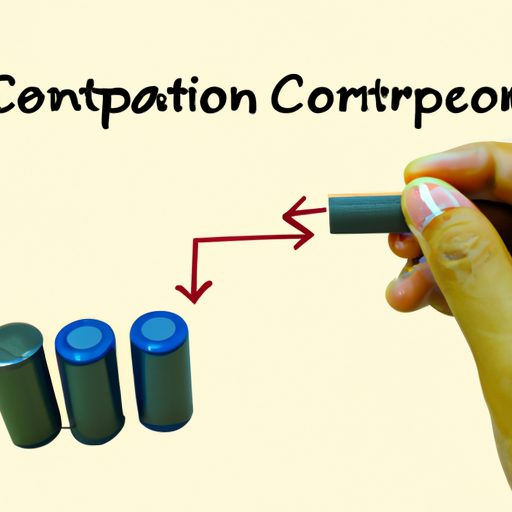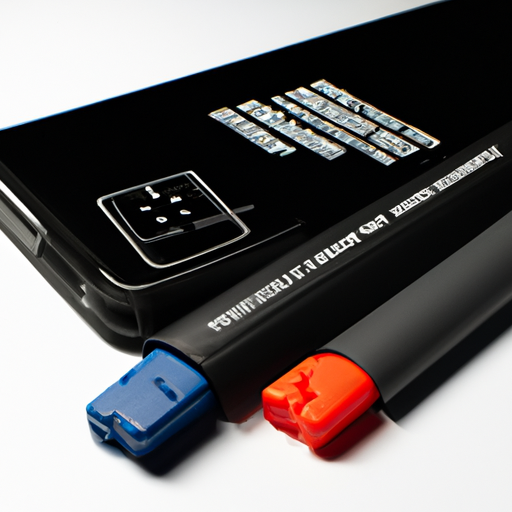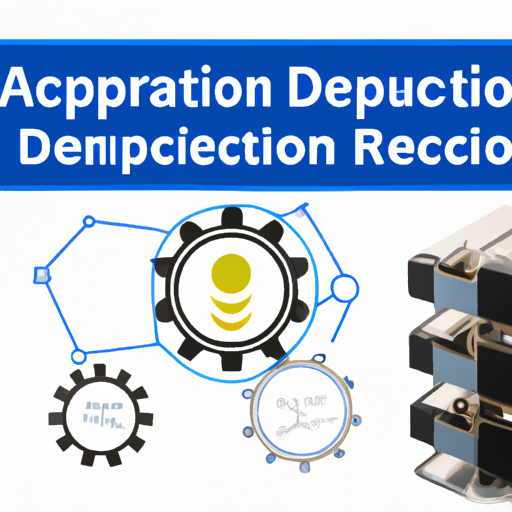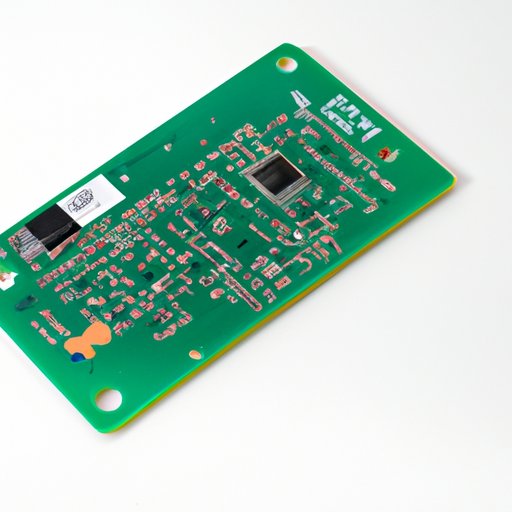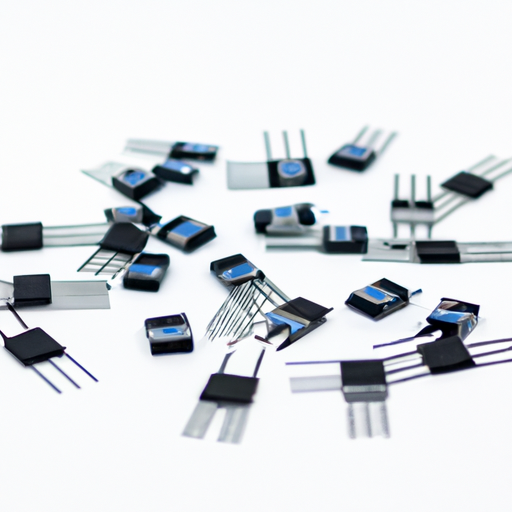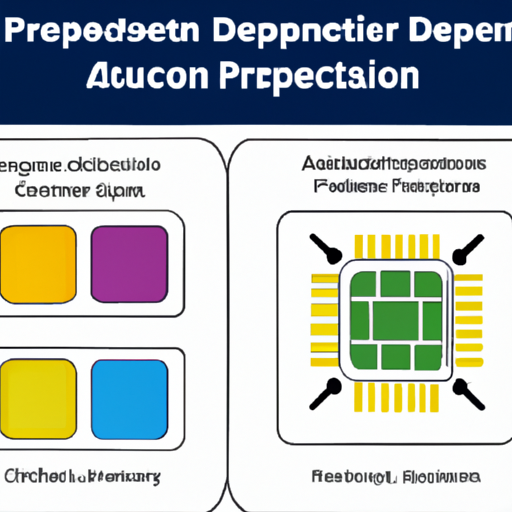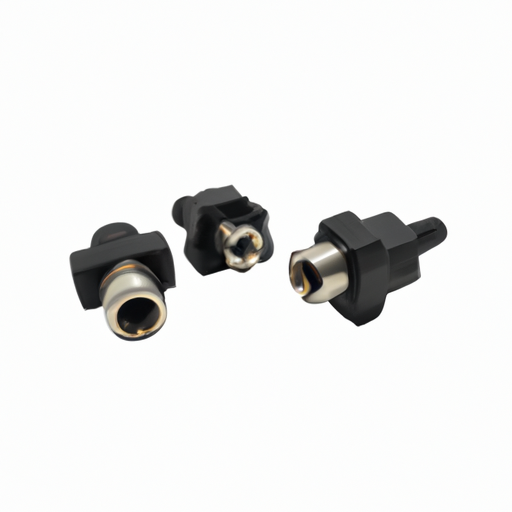Compensation Capacitor Product Training Considerations
I. Introduction
In the realm of electrical engineering, compensation capacitors play a pivotal role in enhancing the efficiency and reliability of electrical systems. These components are essential for maintaining voltage levels, improving power factor, and filtering out unwanted harmonics. This blog post aims to provide a comprehensive overview of compensation capacitors, their applications, and key considerations for effective product training.
II. Understanding Compensation Capacitors
A. Basic Principles of Capacitors
To appreciate the significance of compensation capacitors, it is crucial to understand the basic principles of capacitors. A capacitor is an electrical component that stores energy in an electric field, created by a pair of conductive plates separated by an insulating material. When voltage is applied, the capacitor charges and can release this stored energy when needed.
There are various types of capacitors, including ceramic, electrolytic, and film capacitors, each with unique characteristics and applications. Compensation capacitors, specifically, are designed to improve the performance of electrical systems by addressing issues related to voltage stability and power quality.
B. Role of Compensation Capacitors
Compensation capacitors serve several critical functions in electrical systems:
1. **Voltage Regulation**: By providing reactive power support, compensation capacitors help maintain voltage levels within acceptable limits, ensuring the stability of the electrical supply.
2. **Power Factor Correction**: Many industrial and commercial loads operate with a lagging power factor, which can lead to increased energy costs and reduced system efficiency. Compensation capacitors can correct this by supplying leading reactive power, thus improving the overall power factor.
3. **Harmonic Filtering**: Non-linear loads, such as variable frequency drives and rectifiers, can introduce harmonics into the electrical system. Compensation capacitors can help filter these harmonics, improving power quality and reducing the risk of equipment damage.
III. Applications of Compensation Capacitors
A. Industrial Applications
Compensation capacitors are widely used in industrial settings, particularly in motor drives and power distribution systems. In motor drives, they help improve the power factor, reducing energy costs and enhancing the performance of the motors. In power distribution systems, they provide voltage support and improve overall system reliability.
B. Commercial Applications
In commercial environments, compensation capacitors are commonly found in HVAC systems and lighting systems. HVAC systems often have large motors that can benefit from power factor correction, while lighting systems, especially those using fluorescent or LED technology, can experience improved efficiency and reduced energy consumption with the use of compensation capacitors.
C. Renewable Energy Systems
As the world shifts towards renewable energy sources, compensation capacitors play a crucial role in integrating wind and solar power into the electrical grid. These systems often produce variable power output, and compensation capacitors help stabilize voltage levels and improve power quality, facilitating a smoother integration with existing infrastructure.
IV. Key Considerations for Product Training
A. Technical Knowledge Requirements
Effective product training for compensation capacitors requires a solid foundation in electrical theory and circuit design. Trainees should understand the principles of capacitance, reactance, and impedance, as well as how these concepts apply to real-world electrical systems.
B. Product Specifications
Understanding product specifications is vital for anyone involved in the selection and application of compensation capacitors. Key specifications include:
1. **Voltage Ratings**: Capacitors must be rated for the voltage levels they will encounter in the application to ensure safe and reliable operation.
2. **Capacitance Values**: The capacitance value determines the amount of reactive power the capacitor can provide. Proper sizing is essential for effective voltage regulation and power factor correction.
3. **Temperature Ratings**: Capacitors are subject to temperature variations, and their performance can be affected by extreme conditions. Understanding temperature ratings helps ensure the longevity and reliability of the capacitors.
C. Safety Standards and Compliance
Safety is paramount in electrical systems, and compensation capacitors must comply with various international and local standards. Familiarity with standards such as IEC and UL is essential for ensuring that products meet safety and performance requirements.
V. Training Methodologies
A. Classroom Training
Classroom training remains a popular method for imparting knowledge about compensation capacitors. This approach can include lectures, presentations, and hands-on demonstrations, allowing trainees to engage with the material actively.
B. Online Training
With the rise of digital learning, online training has become increasingly prevalent. E-learning modules and webinars provide flexibility and accessibility, allowing participants to learn at their own pace while still receiving valuable information about compensation capacitors.
C. On-the-Job Training
On-the-job training is an effective way to reinforce theoretical knowledge with practical experience. Mentorship programs and field training allow trainees to apply what they have learned in real-world scenarios, enhancing their understanding and confidence in working with compensation capacitors.
VI. Evaluation and Assessment
A. Knowledge Assessments
To ensure that trainees have grasped the material, knowledge assessments such as quizzes, tests, and practical assessments can be employed. These evaluations help identify areas where further training may be needed.
B. Feedback Mechanisms
Feedback is crucial for continuous improvement. Surveys and questionnaires can provide insights into the effectiveness of the training program, while performance reviews can help assess the application of knowledge in the field.
VII. Continuous Improvement and Updates
A. Keeping Training Material Current
The field of electrical engineering is constantly evolving, with new technologies and industry trends emerging regularly. It is essential to keep training materials up to date to reflect these changes, ensuring that trainees receive the most relevant and accurate information.
B. Importance of Ongoing Education
Ongoing education is vital for professionals in the electrical industry. Opportunities for professional development, such as workshops, seminars, and certification programs, can help individuals stay current with advancements in compensation capacitor technology and applications.
VIII. Conclusion
In conclusion, compensation capacitors are integral components in modern electrical systems, playing a crucial role in voltage regulation, power factor correction, and harmonic filtering. Effective training on these products is essential for ensuring that professionals are equipped with the knowledge and skills necessary to optimize their use.
As the industry continues to evolve, ongoing learning and development will be key to staying ahead of the curve. By investing in comprehensive training programs, organizations can enhance their workforce's capabilities and contribute to the overall efficiency and reliability of electrical systems.
IX. References
To further explore the topic of compensation capacitors, consider the following resources:
- Suggested reading materials on electrical engineering principles and capacitor technology.
- Industry standards and guidelines from organizations such as IEC and UL.
- Online resources and training platforms that offer courses and materials related to compensation capacitors and electrical systems.
By leveraging these resources, professionals can deepen their understanding and enhance their expertise in the field of compensation capacitors.

